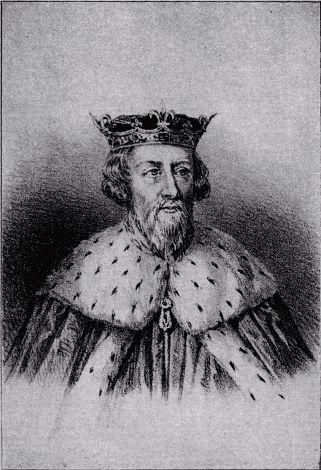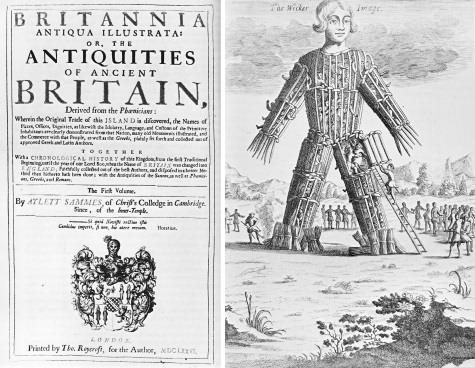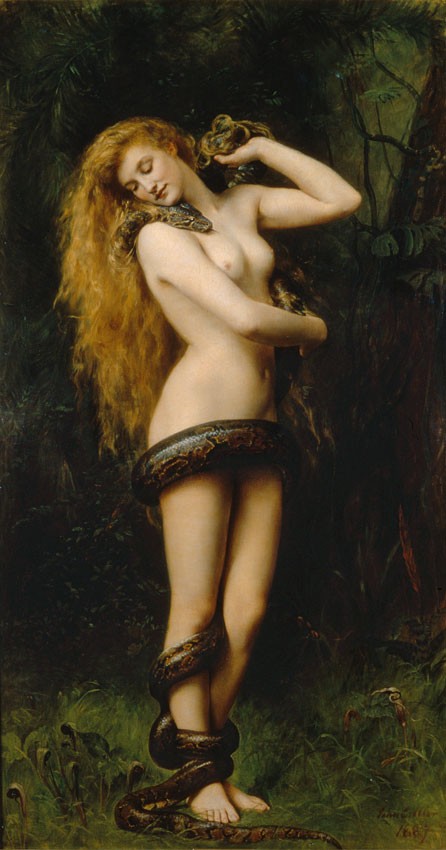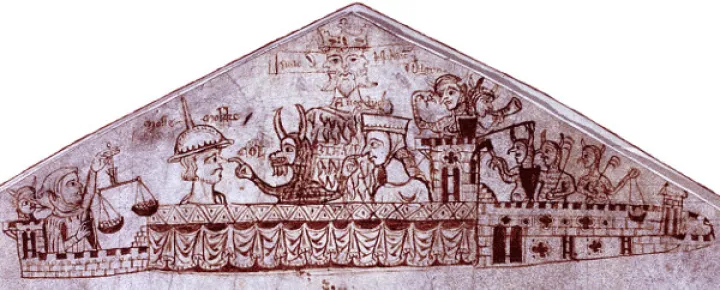Alfred the Great - Anglo-Saxon Fuhrer

Introductory notes:
Before Alfred the Great, there were few Anglo-Saxon Kings who had any degree of care for learning and refined culture. One of them who did was Alfred of Northumbria, who preceded Alfred the Great by nearly 150 Years. But Alfred of Northumbria only had an opportunity for learning when he himself was passed over for the throne by the Witena, or council, and his younger brother had received his father's kingdom. Rather than fight the decision, Alfred retired to Ireland and received an education in the Scriptures and other literature. He became king of Northumbria after 15 years of such an education, when his younger brother died. Soon following Alfred to the throne was Coelwulf, the patron of the English church historian Bede. In Book 3, Chapter 9 of his History of the Anglo-Saxons, Sharon Turner says:
“The effect of Alfred’s reign and habits in this province became visible in Ceolwulf, who soon succeeded to his throne. This prince, who acceded in 731, was the patron to whom Bede addressed his ecclesiastical history of the English nation. In the dedication, the venerable father of the Anglo-Saxon learning says, that it was this king’s delight not only to hear the Scriptures read, but to be well acquainted with the deeds and sayings of his illustrious predecessors. From this feeling he had desired Bede to compose his history. But the flame, which Alfred had kindled in his dominions, was soon afterwards quenched there by the sanguinary civil contests that succeeded. It burnt, however, with a cheering influence in the other provinces of the octarchy. Bede and Alcuin may be considered as two of the valuable minds which it had excited.”

 What follows below are all of the extant quotes from the Classics concerning the Druids which I [WRF] am aware of. Of course, there may be others. These are interspersed with some of my own notes. [
What follows below are all of the extant quotes from the Classics concerning the Druids which I [WRF] am aware of. Of course, there may be others. These are interspersed with some of my own notes. [





 Please click here for our mailing list sign-up page.
Please click here for our mailing list sign-up page.







